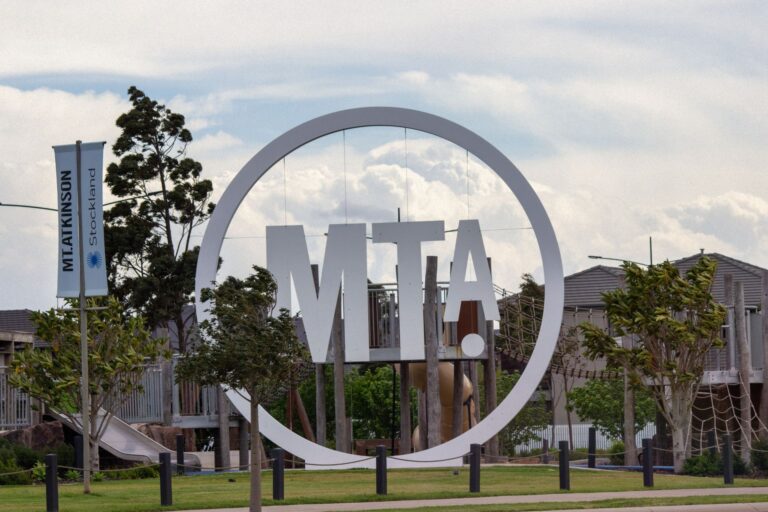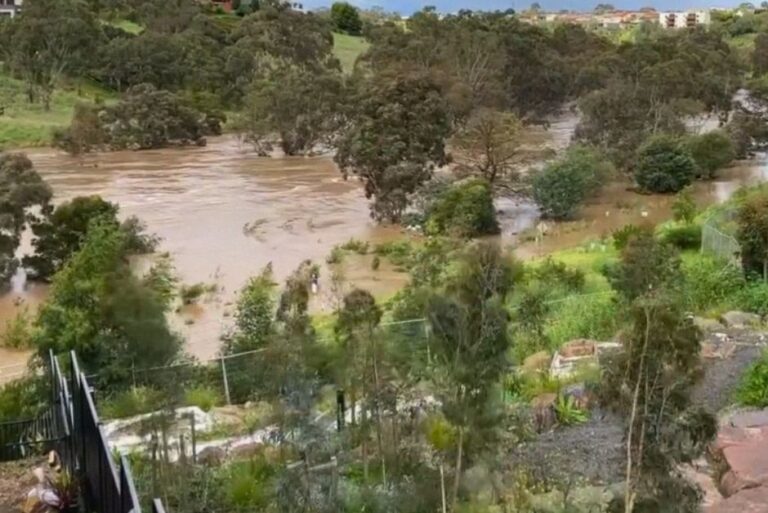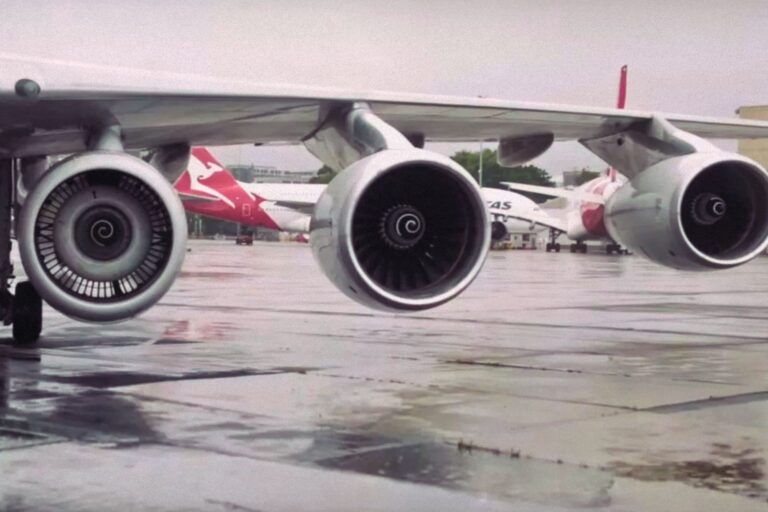31st July 2024 12:01pm
Victorian Legislative Council, Melbourne
David ETTERSHANK (Western Metropolitan):
My question is to the Minister for Emergency Services. In April Fire Rescue Victoria attended a house fire in Truganina. A fire truck was dispatched from Tarneit but malfunctioned at the scene and could not supply water to attack the fire or give coverage to the fire crew.
In July Sunshine station’s teleboom was crucially delayed in attending the Derrimut chemical factory fire – at the time it was stationed far away in Ringwood because Ringwood’s appliance was broken and there were no spares.
Then a couple of weeks ago there was a house fire in Point Cook with a 15-year-old trapped inside. The only multistorey appliance available in the western suburbs broke down at the scene.
Can the minister explain why the constituents of the Western Metropolitan Region, who also pay the fire services levy, are bearing the brunt of Victoria’s fire truck crisis?
Jaclyn SYMES (Northern Victoria – Attorney-General, Minister for Emergency Services):
I thank Mr Ettershank for his question. At the outset, I think I share the sentiments of all members of the chamber that Victorians are incredibly well served by our dedicated firefighters.
In relation to expenditure for FRV, there is about $850 million a year that is spent on this important work because we want Victorians to be safe and we want, importantly, our firefighters to be safe.
The crux of your question goes to fleet. I can take you through some of the investments and orders that are underway. There are currently 28 vehicles that are in various stages of being en route or being ordered or have indeed been funded.
That includes $15 million in the latest budget to provide five new aerial pumpers – pumper platforms they are called – and they will be tendered and online in a couple of years.
The closest ones to roll out will be three pumper platforms that are only weeks away, and they will be deployed to areas of need determined by FRV.
In relation to ongoing maintenance and making sure that our fleet is available to be deployed with our hardworking firefighters, we have DMOs that spend a lot of time ensuring that vehicles are maintained and that they are able to move around so there are spare ones to fill in gaps and the like.
The fire services implementation monitor is responsible for setting the target for fleet availability, and he noted in the recent quarter-four outcomes framework report that it was a positive year for FRV. At quarter three 2023–24 FRV had a fleet availability of 90 per cent, and this was up from 85 per cent in quarter two 2023–24.
I can assure you, Mr Ettershank, that there is a lot of advocacy in relation to ongoing investment, and fleet in particular is at the forefront of those requests. Commissioner Freeman is indeed a fierce advocate in that regard, and I will certainly continue to work with him in understanding the ongoing needs of our fire services.
David ETTERSHANK (Western Metropolitan):
I thank the minister for her response. I think you have in part pre-empted my supplementary, but I will proceed nonetheless.
Following the Derrimut fire the United Firefighters Union once again raised the need for a rolling replacement program to be reinstated. On ABC Melbourne on 23 July Fire Rescue Victoria commissioner Gavin Freeman, who you mentioned, stated that:
“We are working with the government about getting back to a more sustainable ongoing replacement and investment pipeline for our fleet. The predecessor organisation had that.”
Minister, do you agree with the union and Commissioner Freeman’s assertions that a rolling replacement program and investment pipeline should be reinstated to keep our firefighters and the community safe during the increasingly frequent emergency incidents, such as the chemical blaze at Derrimut?
Jaclyn SYMES (Northern Victoria – Attorney-General, Minister for Emergency Services):
Thank you, Mr Ettershank. As you have identified, I touched on some of these issues in my answer to your first question, but just coming to the Derrimut fire and some of the commentary around that, I want to put on record that more than 50 appliances responded to the Derrimut fire.
It was an extremely dangerous fire, a factory fire containing materials that were extremely hazardous to both firefighters and the community, and the response to that was tremendous. I have thanked firefighters for their efforts in containing that fire, which could have been much, much worse if not for their efforts.
Mr Ettershank, I meet with Commissioner Freeman and members of his team regularly as I see firefighters on the ground, particularly after they have responded to events, in relation to hearing their needs.
There are a range of matters that I talk to FRV about in relation to the priorities of their expenditure, whether that is in relation to employee costs, investments for fleet or indeed improvements to stations and the like, and I can ensure you that those are important conversations.
As I said, Commissioner Freeman is indeed a fierce advocate for attention from me and the broader government for his efforts.
[ENDS]





